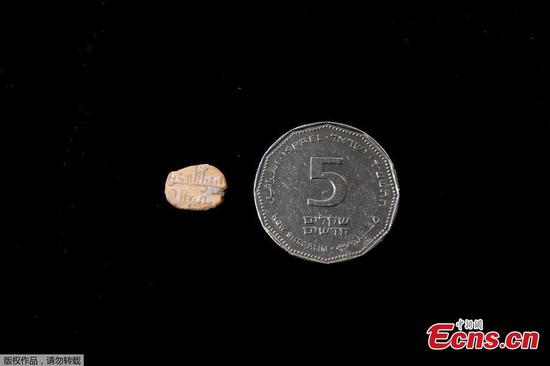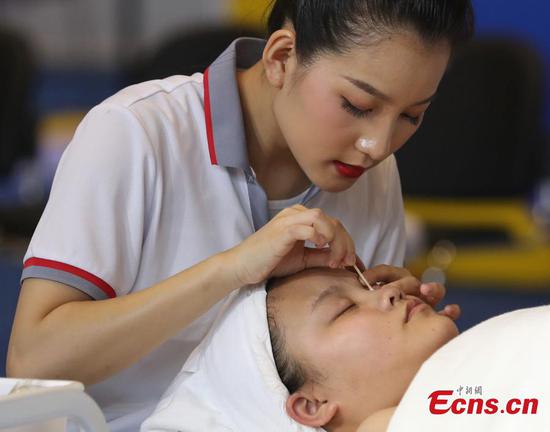
(Photo/China Daily)
Zhang, of the Tsinghua elementary school, said: "It has been more than two years that we have been doing positive education. This is actually new to us, too. We knew that we needed to make the students more positive. But we did not actually know how to do it. It was interesting to learn the science of well-being and the scientific way to make students more positive. It is kind of shocking to us that there are actually scientifically validated ways to do that."
Martin Seligman, a professor of psychology at the University of Pennsylvania, is often known as the father of positive psychology. About 20 years ago, he became frustrated with his profession because psychologists had long studied psychological illnesses but had never addressed how to make people in general achieve a better level of well-being. Drawing on Aristotle's book Nicomachean Ethics, he said humans need to aim for "flourishing," not just simply short-term happiness.
His conclusions about what leads to a good life are summarized in the acronym PERMA, which stands for positive emotions, engagement, good relationships, meaning and achievement. For the past two decades, an increasing number of psychologists have developed tests to measure a person's level of these aspects of well-being, and they've developed training techniques and exercises designed to help raise each of the aspects.
Another key part of the positive psychology literature is called "grit," which means the ability to do the work needed to reach a goal, to stick with it, to not give up. Angela Lee Duckworth, a Chinese-American psychology professor, also at the University of Pennsylvania, developed a test for grit. She found a technique called "growth mindset," which shows struggling students that they can build their mental capacities by focusing on special areas where they are having difficulties. Just letting students know that they can improve makes a big difference in their attitudes, Duckworth said.
A study published last month in the online psychology journal Psy-ArXiv by independent researchers tested the effects of less than one hour of grit and growth mindset training provided to more than 12,000 ninth-grade students in 65 randomly chosen schools in the United States. It concluded that even such a small intervention led to significant improvements in test scores, especially among previously underperforming students.
Zeng Guang, currently a PhD candidate in psychology at Tsinghua who developed much of the positive education curriculum used in Guangzhou, said: "The growth mindset class was liked most by the students. After taking this class, they were able to keep working longer on math problems. Before, they would give up after 15 minutes. Now they think that if they work for some minutes, they will be a little bit smarter."


















































